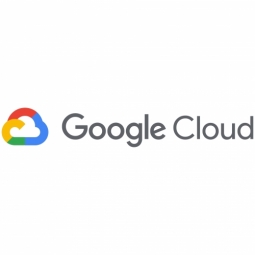BE International's E-commerce Application Redevelopment for Cloud with Google Cloud and Matrix Connexion
- Analytics & Modeling - Machine Learning
- Application Infrastructure & Middleware - Event-Driven Application
- Consumer Goods
- E-Commerce
- Maintenance
- Sales & Marketing
- Construction Management
- Time Sensitive Networking
- Cloud Planning, Design & Implementation Services
- System Integration
BE International, a direct marketing company, faced significant challenges with its e-commerce application, BE4U. The application was initially built on a monolithic architecture, which began to show its limitations as the company's membership base and transaction volume increased. Three major events - flash sales, new product launches, and month-end transaction processing - would cause the application to shut down, leading to a chaotic situation where invoices had to be manually generated. This not only jeopardized the company's image and sales revenue but also led to numerous complaints from members. The company needed a solution that could handle high traffic without compromising performance, allow the in-house team to focus on development rather than infrastructure issues, and improve overall member and customer experiences.
Founded in August 2017, BE International is a direct marketing company based in Malaysia. The company's e-commerce application, BE4U, enables sellers to market natural and holistic products in Malaysia, Singapore, Brunei, Hong Kong, and Indonesia. The company's vision for BE4U is to evolve it into a superapp with a strong backbone, rich features, and diversified member experiences by 2024. BE International aims to leverage machine learning or artificial intelligence in the future and is exploring new ways for BE4U to deliver naturalistic products and services through Google Cloud.
To address these challenges, BE International, with the help of Matrix Connexion, a Google Cloud Partner, migrated BE4U to Google Cloud. The application was completely redesigned on the Google Kubernetes Engine (GKE) framework, which ensured continuous high performance and allowed engineers to autoscale resources in relation to user traffic or workload usage. The shift from a monolithic to a microservices architecture allowed the company to optimize IT costs for its 50 microservices and opened new avenues for the company to build more features and upgrade existing ones more regularly. The company also implemented other Google Cloud solutions like Cloud SQL, BigQuery, and Cloud Operations, and used Google Workspace for easy cross-collaboration among departments.
Related Case Studies.
.png)










